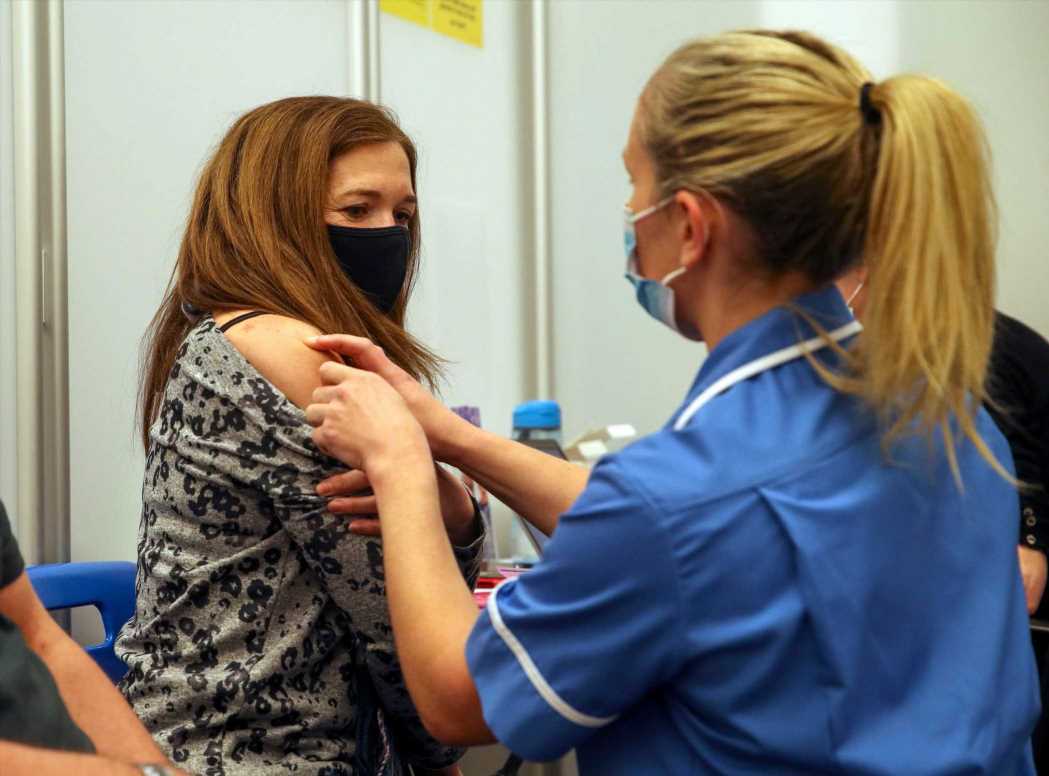What are the rules for travel to green list countries? And is there any way to mitigate the risk of changing restrictions? We asked two travel experts for their advice.
Booking a summer holiday abroad in 2021 isn’t as straightforward as it once was.
With new rules and regulations being introduced all the time and the everchanging green, amber and red lists to keep an eye on, travelling outside the UK can be a complicated and confusing process.
However, that doesn’t mean it isn’t doable. While the government has asked people not to travel to countries on the amber or red lists, from 30 June there will be 27 countries on the green or green watch lists, which are places where you can travel without having to quarantine on your return.
This means that, if you fancy it, you can travel abroad to these countries for a holiday in summer 2021 – you just have to be aware of all the rules around doing so and stay alert to any changes or caveats by checking the government website.
To make things a little easier, we reached out to two travel experts to find out more about the things you need to keep in mind when deciding whether or not to book a holiday this summer. Here’s what they had to say.
1. Travel to a green-list country isn’t rule free
Just because a country is on the UK’s green list, doesn’t mean you can travel there without a care in the world.
“Green-listed countries are exempt from quarantine measures on return, but a pre-departure PCR test and a second test two days after your return to England will be required,” explains Jen Rankine, Skyscanner’s global travel expert.
“Before entering the UK, you must also take a Covid-19 test up to three days before departure. You will need to show a negative test result to enter the UK. Both LAMP and PCR tests are valid.”
She continues: “All arrivals into the UK must also fill in a passenger locator form up to 48 hours before their departure.”
2. The UK’s green list isn’t reciprocal
Booking a holiday to a green list country isn’t as simple as going online and buying a ticket. While the UK is allowing quarantine travel to and from certain countries, those locations have their own rules in place, too.
“You should check the requirements for entering your destination before you travel,” Rankine advises. “Some locations will require an outbound test or passenger locator form, and some aren’t currently open to UK travellers.”
Among the countries on the UK’s green list who are restricting UK travellers include Malta, which will require arrivals from the UK to present proof of full vaccination before entry from 30 June, and Iceland, which is only permitting non-essential travel by British citizens if you are resident in Iceland or can demonstrate that you have been fully vaccinated against Covid-19 or recovered from Covid-19 infection.
You can check the full list of travel restrictions for each country on the government website.
3. Everything is subject to change
One of the biggest things you’ll want to keep in mind when booking a holiday or travelling this summer is that the coronavirus pandemic is an ongoing situation, so most rules and regulations will be subject to change.
For example, the UK’s red, amber and green lists are currently being reviewed every three weeks. As the government’s website explains: “If conditions change in a country or territory, it can be moved from the green list to the amber or red list. If a country of territory on the green list is at risk of moving to amber it will be listed on the green watchlist.
“If there is a sudden change in conditions, a country or territory may be moved between lists without warning.”
With this in mind, one of the biggest concerns you may have about travelling this summer is what will happen if you need to cancel, postpone or reschedule your trip. And while there’s nothing you can do to stop things from changing, there are steps you can take to mitigate some of the risk.
“Consumers can book with confidence by using a package tour operator,” explains Helen Chambers, travel insurance expert at MoneySuperMarket. “This is a must-have if you want to be covered by the ATOL or ABTA schemes that ensure consumers have financial protection and flexibility, should anything change due to the pandemic.”
She continues: “Booking a holiday on your credit card is also advised and especially important if you’re in a situation whereby you don’t receive the service that you have been promised or expected to receive.
“This means that, under section 75 of the Consumer Credit Act, you will be able to claim for any monetary value over £100 up to the value of as much as £30,000.”
Chambers adds that another key way to protect yourself against any changes or additional risk is to invest in proper travel insurance.
“Making sure you have the right travel insurance policy in place will protect your cash,” she says. “Not every policy is the same, so it’s worth doing your research to understand the benefits and how this will protect you.”
Not sure whether travelling abroad is right for you? Check out our UK staycation guides to get some home travel inspiration.
Speak to a financial adviser registered with the Financial Conduct Authority before taking any financial advice, and think carefully before making any decision.
Images: Getty
Source: Read Full Article





